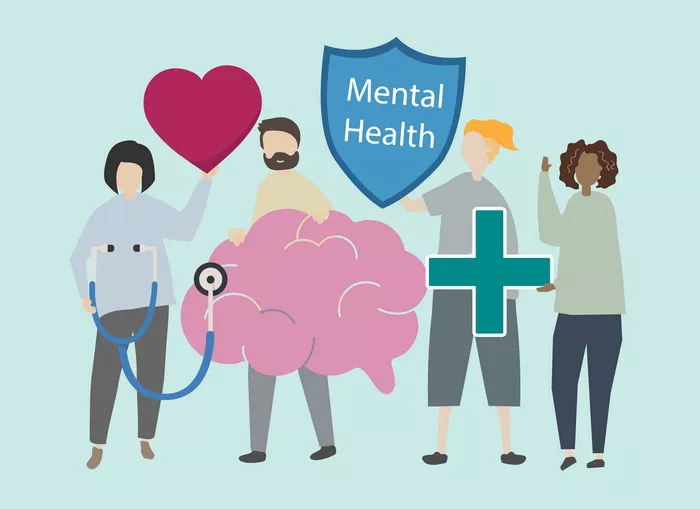In the realm of mental health crisis intervention, an insightful sign in a supervisor’s office once humorously declared, “No Crisis Allowed This Week: My Schedule is Already Full.” This lighthearted sentiment holds a profound truth – crises, whether related to physical health, natural disasters, or mental health, seldom align with our plans. Despite their unforeseeable nature, individuals often find themselves holding a disproportionate sense of accountability during and after a mental health crisis.
But what exactly constitutes a mental health crisis?
A mental health crisis manifests as a tempest of intense symptoms disrupting the normal course of life. It encompasses severe depression, psychotic episodes, or manic episodes, sometimes necessitating hospitalization. The experience can be overwhelming, akin to a sudden storm wreaking havoc.
This storm of experience pays no heed to one’s workload, impending vacations, or its impact on those around, much like a tornado indifferent to the houses it encounters. For individuals grappling with conditions like bipolar disorder or schizophrenia, a significant mood swing or psychotic episode can swiftly unfold.
Post-crisis, the aftermath often resembles rubble, requiring a process of recovery. In Cognitive Processing Therapy (CPT), designed for trauma, the ‘just world’ myth is explored. This myth, ingrained in childhood teachings, suggests that good deeds yield positive outcomes and vice versa. However, after a mental health crisis, a false sense of punishment or karma may arise. It’s crucial to debunk this misconception.
While society generally understands and sympathizes with physical ailments like seizures, mental health challenges often face unwarranted stigma.
The aftermath of a crisis prompts self-reflection, with questions like “Why did I let this happen?” echoing. Importantly, it’s crucial to recognize that no one chooses to undergo a crisis. Individuals may take preventive steps, such as avoiding substances and managing stress, yet an episode may ensue despite their efforts. Even if certain choices contribute to a relapse, the hindsight bias, addressed in CPT, emphasizes that these decisions wouldn’t have been made if the consequences were known.
Anticipatory measures can sometimes avert crises, but life doesn’t always provide the necessary accommodations. Post-crisis, reflecting on contributing factors and formulating a self-care plan becomes imperative.
In the emotional aftermath of an episode, ranging from anger to shame and loss, self-compassion becomes paramount.
Here are three ways to extend kindness to oneself after a mental health crisis:
Prioritize Physical Needs: Basic as it may sound, attending to fundamental needs like eating, sleeping, and personal hygiene is essential during the throes of major mental health symptoms.
Express Gratitude Instead of Apologies: Acknowledge the support received from others during challenging times, whether it involves sharing responsibilities or understanding altered behavior. Instead of apologizing, consider expressing gratitude.
Gradual Return to Normalcy: The natural inclination to rush back into normal life after a crisis may lead to feelings of guilt and strain on mental health. Taking things one step at a time, assessing tasks, and gradually easing back into routines is a more compassionate approach.































